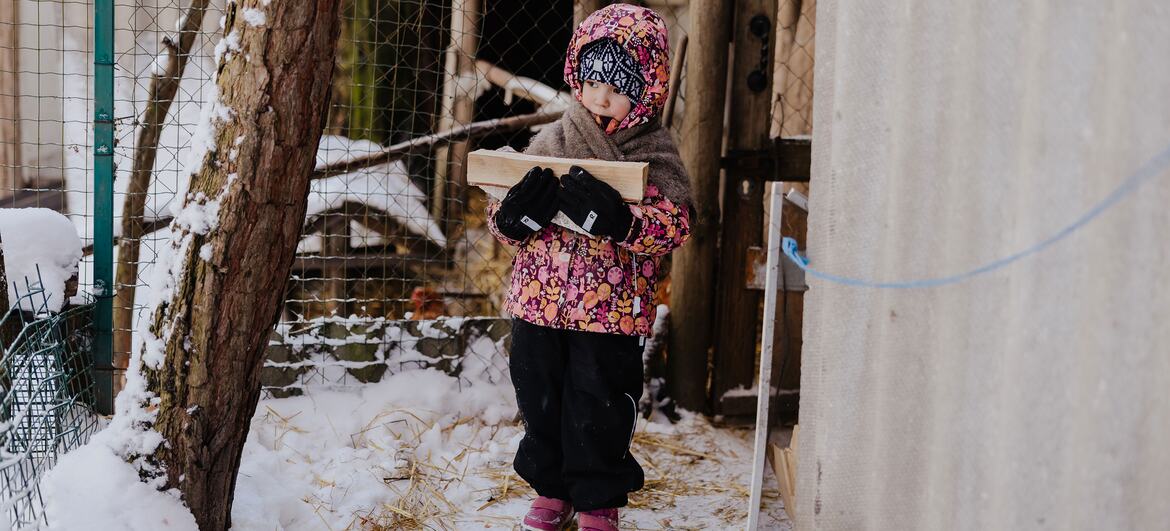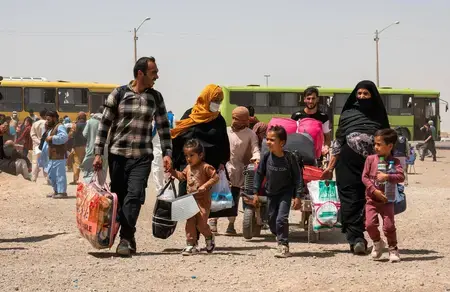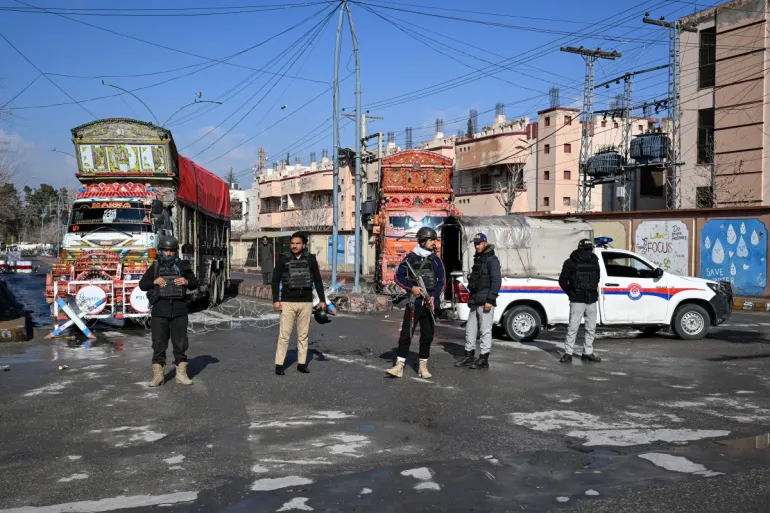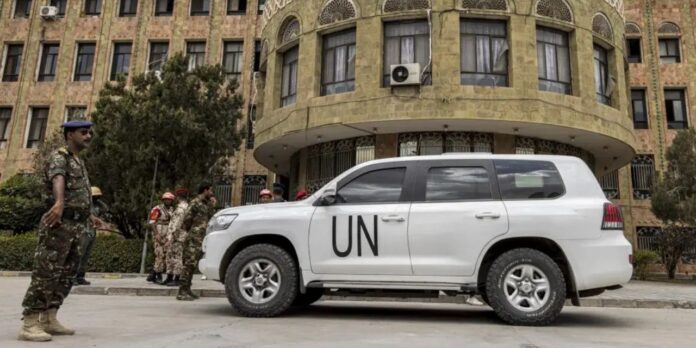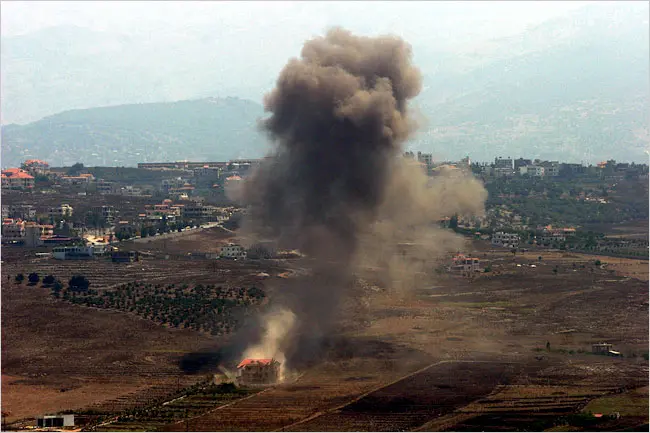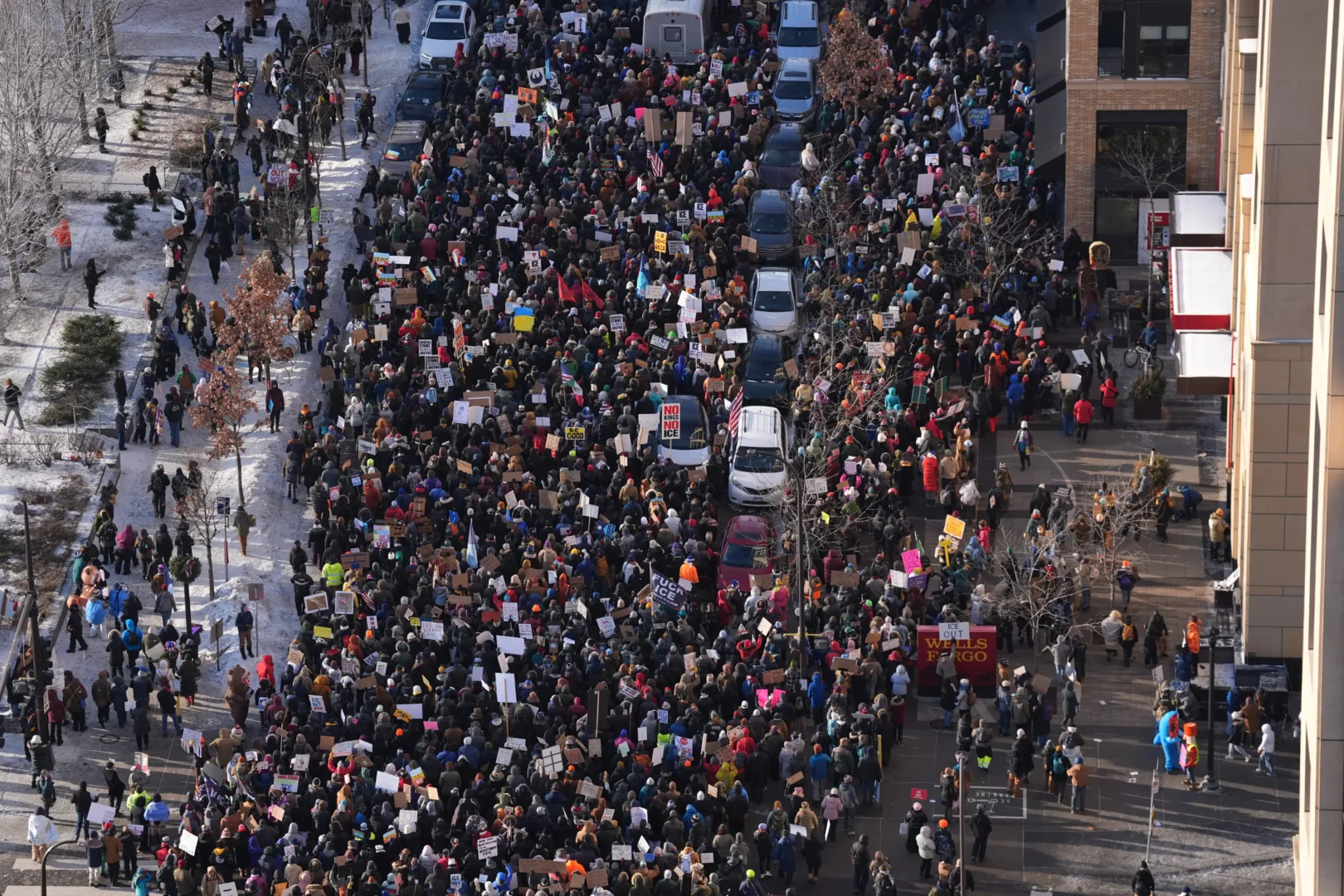Amid Human Rights Concerns; Activists Demand End to UK Arms Exports to Israel

Thursday’s protest is expected to be one of the largest demonstrations in recent years against the UK's arms trade with Israel/Al Jazeera
On Thursday morning, several government buildings in London are set to be targeted by a coalition of activist groups calling for an immediate cessation of UK arms exports to Israel. The protests come in response to newly revealed court documents that have sparked widespread outrage, showing that the UK government under the Labour Party did not fully suspend arms export licences to Israel, as previously claimed. Instead, these documents suggest that the Labour administration refrained from taking stronger action to avoid “undermining US confidence in the UK,” a decision that critics argue prioritized political relationships over human rights.
The coalition of activists, which includes groups like Stop the Arms Trade, Friends of Palestine, and other humanitarian organizations, is demanding that the UK government end its complicity in what they describe as the ongoing violation of Palestinian rights. These groups argue that the continued flow of British weapons to Israel exacerbates the humanitarian crisis in Palestine and contributes to the suffering of countless civilians caught in the crossfire of the Israeli Palestinian conflict.
“By supplying arms to Israel, the UK is directly supporting actions that harm innocent lives,” said a spokesperson for the activist coalition. “The UK government must put human rights above geopolitical considerations and immediately halt all military exports to Israel.”
The newly released documents reveal that the Labour government, while in power, failed to fully suspend these controversial arms exports, despite ongoing concerns over Israel’s military actions in Gaza and the West Bank. The documents suggest that officials in the Labour Party were reluctant to take decisive action, fearing the potential damage to the UK’s strategic relationship with the United States, Israel’s primary ally.
This revelation has only heightened calls from human rights organizations, political opponents, and the general public for the UK to reconsider its stance on military exports to Israel. The issue has been a longstanding point of contention, with activists arguing that the sale of weapons contributes to the violation of international humanitarian law and fuels the cycle of violence in the region.
Thursday’s protest is expected to be one of the largest demonstrations in recent years against the UK’s arms trade with Israel. Activists are targeting key government offices such as the Ministry of Defence, the Foreign Office, and the Department for Business and Trade, in an effort to pressure the government to take a stronger stance on arms exports and the protection of Palestinian rights.
The Labour Party, now in opposition, has come under heavy scrutiny for its handling of arms export policies during its time in power, particularly in light of these revelations. However, the current Conservative government has faced similar criticism for continuing to approve arms sales to Israel, despite growing calls for a re-evaluation of such agreements in light of ongoing human rights violations.
As the protestors rally to raise awareness of the human cost of the UK’s arms exports, the question remains: Will the UK government listen to the voices of those demanding accountability, or will it continue to prioritize its military alliances over the protection of human rights? The coming days will likely see heightened tensions as activists push for an urgent reassessment of the UK’s foreign policy and its role in the Israeli Palestinian conflict.
Agencies.


